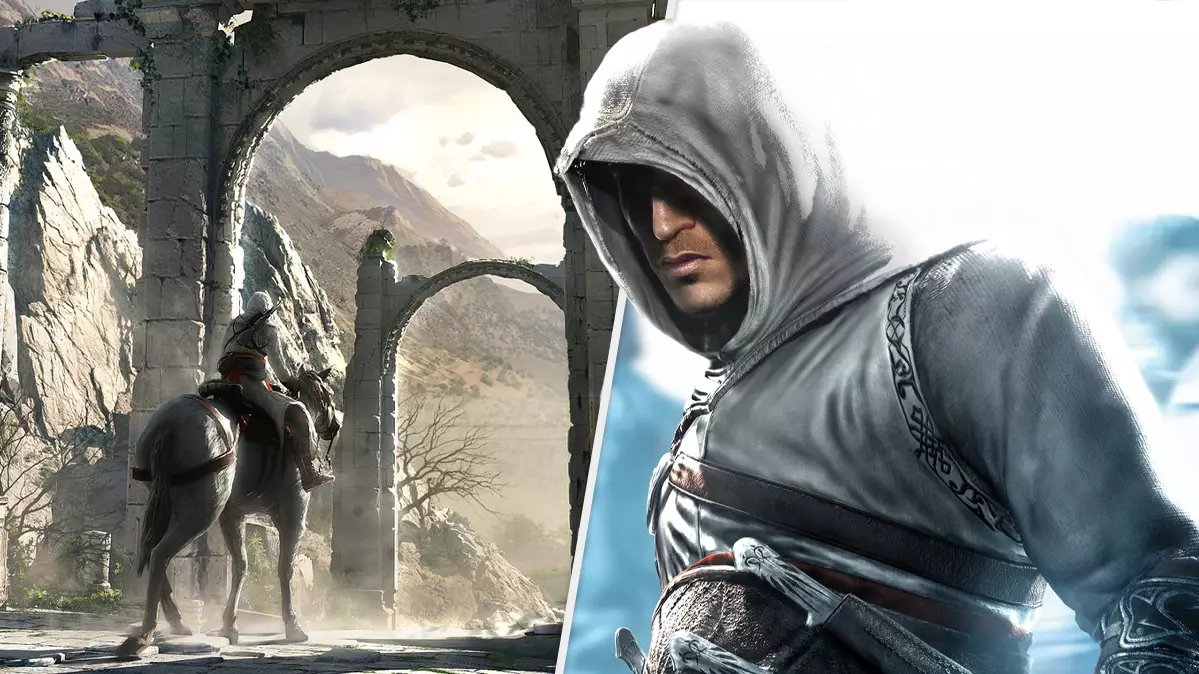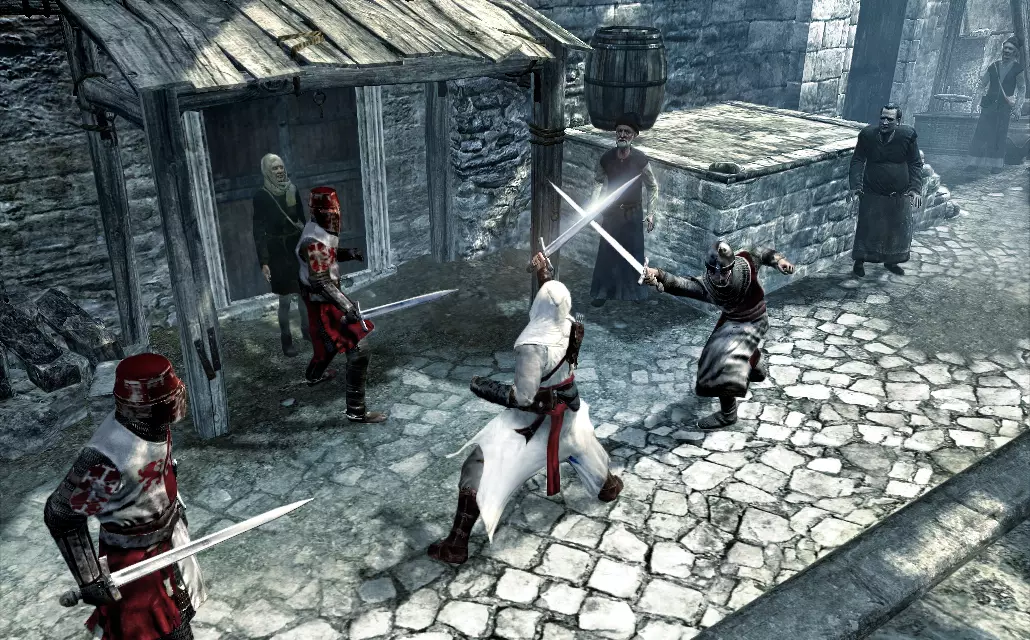
When Assassin's Creed released more than a decade ago, I'm not sure that even Ubisoft itself could have imagined the impact that it would have on the industry, nor the transformations that the series would undergo over the years. It's especially interesting, then, that the story draws from a 20th century novel that not many people have heard of.
Alamut is a novel penned by Vladimir Bartol, published in 1938. It's also a region in Iran, where the fortress of the same name was located upon an outcrop of rock. This castle was incredibly important to Persia as it afforded those who commanded it an excellent view of the surroundings, allowing enemy incursions to be spotted like an eagle spotting its prey. In fact, the word "Alamut" is thought to be derived from "Aluh āmū[kh]t" (or اله آموت), which means "eagle's teaching" or "nest of punishment." You see where we're going, right?
Advert
The summary of the book on Amazon says: "Alamut takes place in 11th Century Persia, in the fortress of Alamut, where self-proclaimed prophet Hassan-i Sabbāh is setting up his mad but brilliant plan to rule the region with a handful of elite fighters who are to become his 'living daggers.' By creating a virtual paradise at Alamut, filled with beautiful women, lush gardens, wine and hashish, Sabbah is able to convince his young fighters that they can reach paradise if they follow his commands." A true historical figure, Hassan-i Sabbāh was the leader of the Hashshashin (also known as the Order of Assassins) and referred to his followers as Asāsiyyūn (or أساسِيّون), meaning "people who are faithful to the foundation [of the faith]."
Reddit user Dimedhel, who shared this revelation, added a comment from fellow fan PuzzleheadedBag920, which explicates that the novel is inspired by real events. One of the Hashshashin's targets was Conrad of Montferrat, who was assassinated by two individuals disguised as monks, and the motive behind his murder has never been solved. If you've got a memory like an elephant, you'll recognise that name. William V of Montferrat, father of Conrad, is a Templar in Assassin's Creed. Neat.

Lately, a group of fans have been ruminating over the possibility of a next-gen remake of the original game. Assassin's Creed, though praised for its visuals, art direction, and game design at the time, has aged considerably when you consider the leaps and bounds between that and Assassin's Creed Valhalla. "Keep the existing dialogue and story structure, but new animations, improved gameplay mechanics and responsiveness, totally redesigned graphics, expanded cities with more content, etc," is the dream, stated by one Reddit user. Indeed, the ability to pick and choose the successful elements from each evolution in the series to create the remake to end all remakes is an enticing proposition. Think about it, Ubi.
Featured Image Credit: Raphael Lacoste, UbisoftTopics: News, Assassin's Creed